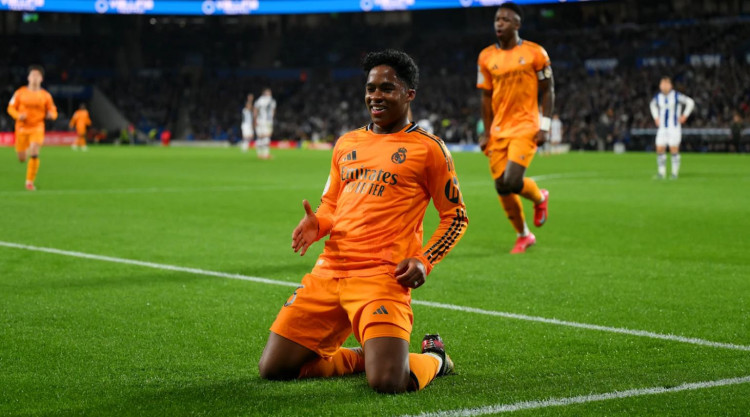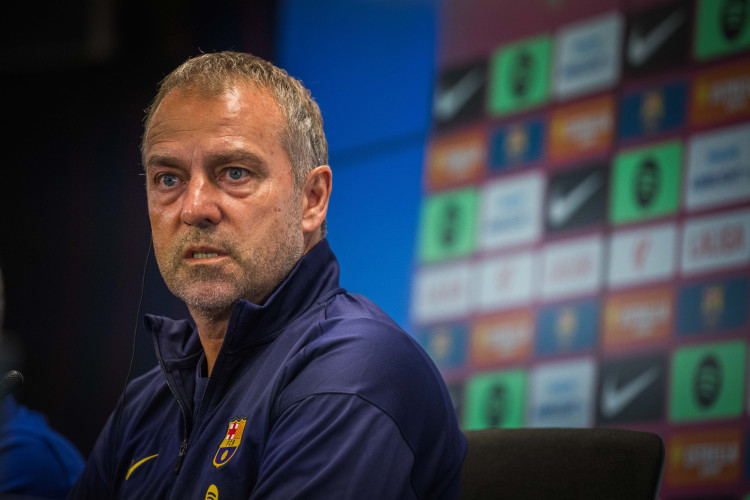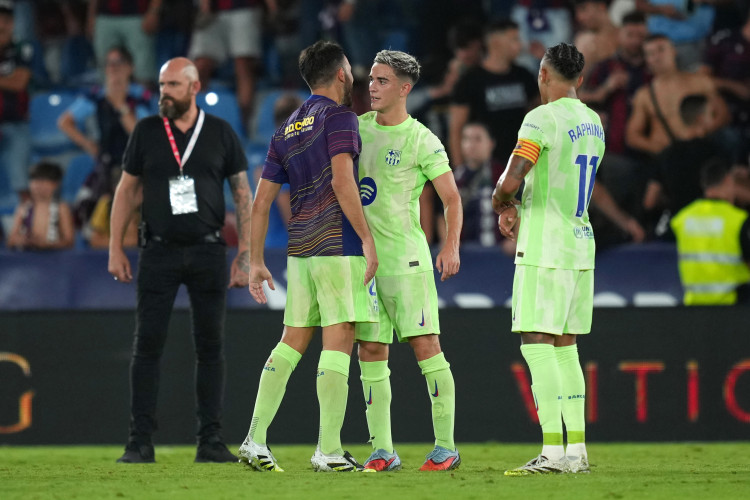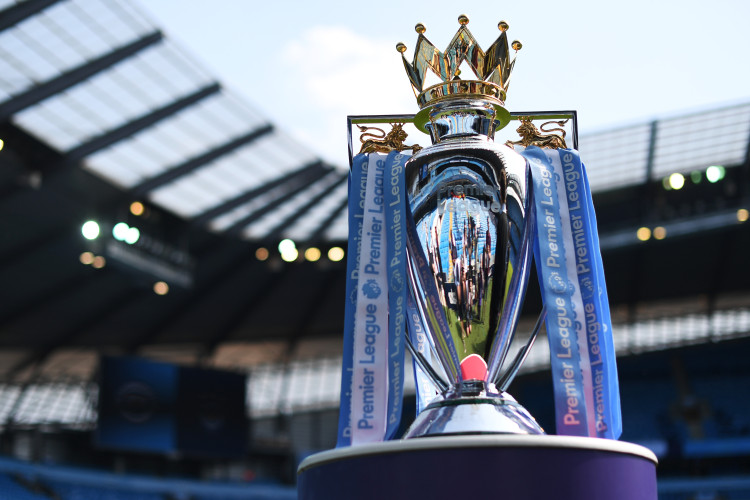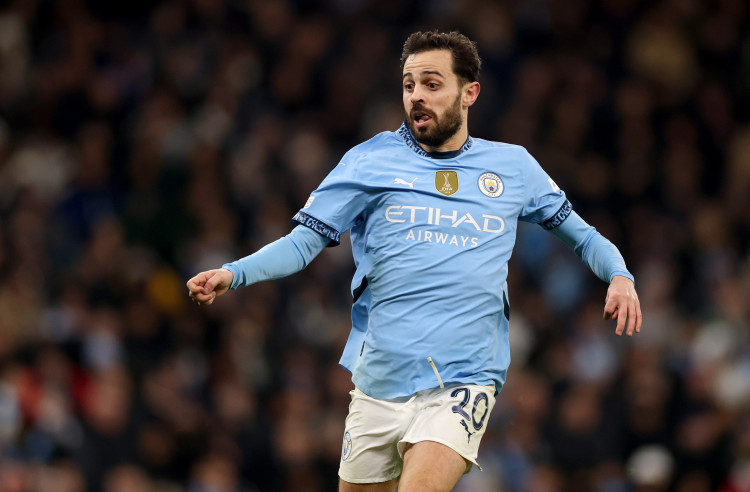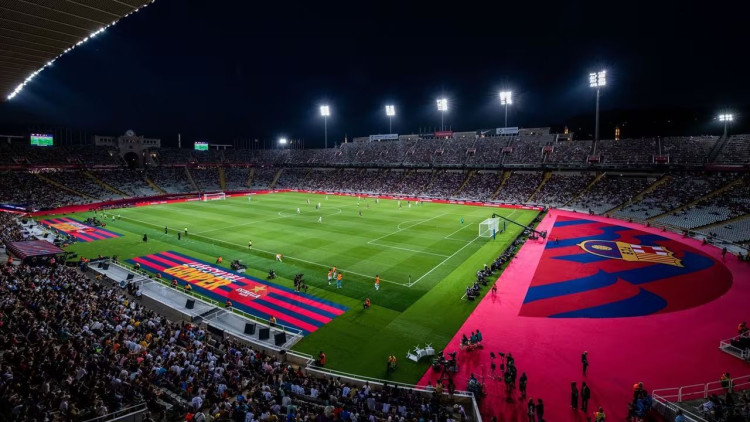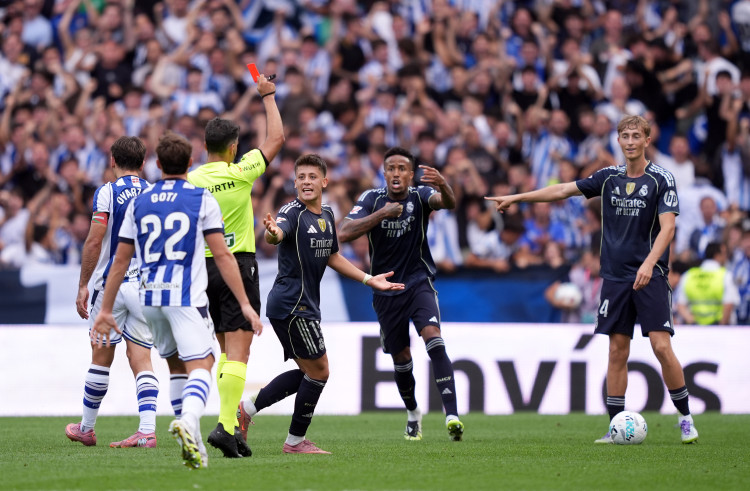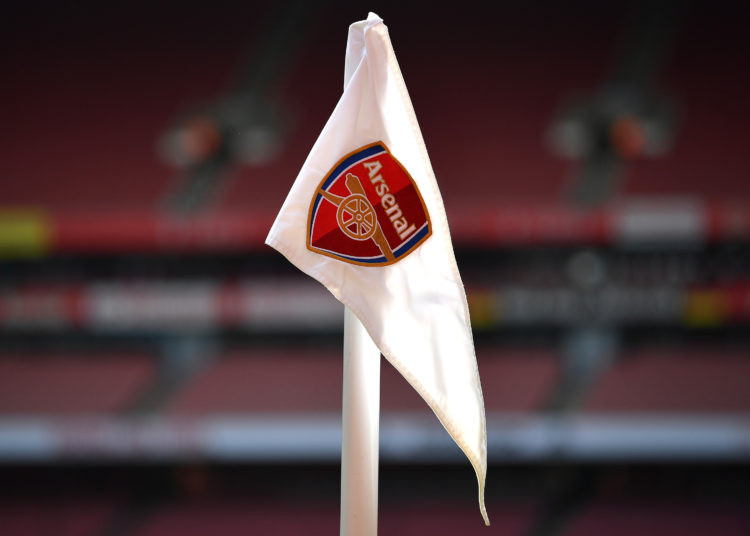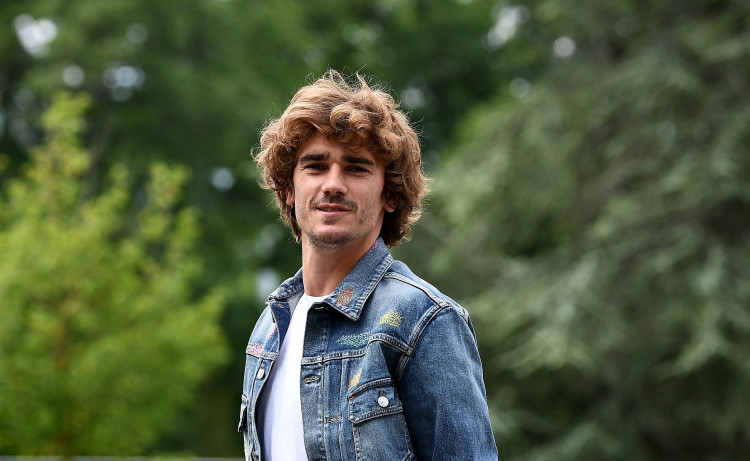
The Griezmann Dilemma: Simeone, Succession, and the End of an Atletico Era?
A career built on goals and glory now stands at a crossroads: Are Atletico Madrid really ready to write their future without Antoine Griezmann at the heart of it?
Few players have shaped a club’s modern identity quite like Antoine Griezmann at Atletico Madrid. For over a decade, his name has been synonymous with spectacular goals, tireless work rate, and the kind of leadership that transcends tactics or trends.
But in the hyper-competitive, ever-evolving environment of top-level football, even icons face the slow march of change. As the new season unfolds, it is becoming impossible to ignore: Simeone is preparing for a future in which Griezmann’s role is not what it once was. The question is—should he?
Antoine Griezmann: The Legacy Builder
A quick dive into statistics tells only half the story. With more than 445 appearances for Atletico across two spells, Griezmann is the club’s all-time top scorer (198 goals), a status achieved by overtaking names like Luis Aragones.
His consistency is staggering. From the day he arrived, rarely has a matchday gone by without his inclusion in the starting XI, a testament to both form and resilience.
Beyond the numbers, Griezmann has provided moments for the ages: Champions League nights, derby-winning goals, and flashes of skill that drew even hardened opponents into applause.
His icon status isn’t just built on output. Griezmann has regularly been the reference point for younger players and new arrivals, on and off the pitch. As Simeone’s most trusted lieutenant, he bridged the club’s transition from its gritty 2010s vintage to a more expansive, tactically diverse approach.
Change in the Air, Despite a New Deal
Atletico fans celebrated when Griezmann signed a fresh contract that tied him to Atletico until 2027. The deal was supposed to clear up doubts over his future. But football does not run on contracts alone. Just months later, the Frenchman’s starting role is far from certain.
This season, Griezmann, now 34, has started just one of Atletico’s first four La Liga games. In those four matches, he’s yet to score or assist, and has managed only a handful of shots, with just two on target. His minutes are down, his influence less obvious.
This drop stands in stark contrast to his 2022-23 heroics, when he racked up 16 goals and a league-best 18 assists, making him La Liga’s only player to reach double digits in both categories that year. Right now, it feels like a torch is being passed.
Diego Simeone’s Shifting Calculations
Part of the shift is tactical. Atletico have made big moves in the transfer market, adding forwards like Julian Alvarez and Alexander Sorloth in recent years to transform their attack. These players offer pace, directness, and fresh energy, qualities essential for a high-octane La Liga campaign.
When Simeone was asked about his plans, he spoke glowingly about the club’s future and the necessity of “always being prepared,” seemingly hinting at a gradual handover of responsibility.
But this process cannot ignore what Griezmann still brings to the table. Even as the Frenchman’s minutes dip, his reading of space and ability to drop between the lines remain unmatched.
And here’s the twist: the only La Liga game Atletico have won this season is the one in which Griezmann started. In the three matches where he was used as a substitute, the Madrid side dropped valuable points. Coincidence, or a warning about moving on too soon?
Balancing Old Guard and New Blood
For managers, succession planning is both necessary and fraught. Football history is full of clubs that clung to past heroes a season too long, and others that ruthlessly axed legends only to lose dressing room cohesion.
Simeone knows this well, having already presided over farewells to stalwarts like Gabi, Godin, and Juanfran. The trick is managing transition gently, extracting every ounce from a great player while making room for new identities to emerge.
There is little doubt that Atletico’s attacking future is being carefully constructed. Alvarez brings the movement and pressing to warp defensive lines. Sorloth’s power offers a genuine Plan B in tough games.
But none of the squad’s younger talents come close yet in terms of big-game mentality or tactical maturity. The temptation to usher in a new era is strong, but for a side with high ambitions, domestically and in Europe, there is real risk in sidelining vision and experience too abruptly.
Numbers Demand Patience
Consider this: Griezmann’s total of zero goals and assists after four games might raise eyebrows, but those games only account for a handful of clear-cut chances created by the team overall. Atletico’s attack has looked disjointed in his absence, lacking the familiar linkage between midfield and frontline that Griezmann has supplied for years.
It’s true that the physical toll of 750-odd club games and multiple deep international tournament runs is a factor; rest and rotation are more important than ever. But only regular minutes against top sides properly test a forward’s instincts, and the Frenchman’s football intelligence has not visibly diminished.
Reading Simeone’s Endgame
Simeone’s challenge is layered. On the one hand, he must blood the latest generation, building game-time and leadership for a future after Griezmann. On the other hand, he’s under major pressure after another year without a league title and fierce competition from Real Madrid and Barcelona.
At just the moment when results matter most, the team may lean more, not less, on battle-hardened figures. The manager is no stranger to making big calls. In the past, he’s moved on from crowd favourites when he felt the group demanded it. The key difference this time is Griezmann’s status and the gap in proven game-changers behind him; that alone may counsel patience.
Is Antoine Griezmann Still the Go-To Man?
Despite a crowded attack, it is tough to imagine Atletico facing a must-win match without Griezmann at the heart of things. No other player in this squad has his Champions League pedigree, his calmness under pressure, or his understanding of what it takes to get over the line in tight games.
Simeone might look to rest him more often, perhaps using Griezmann as a “closer” in certain fixtures, or managing his minutes to keep him fresh for big nights. But given current squad dynamics and the lack of a natural creative successor, it feels premature to talk about a phase-out.
The Broader View
There comes a point for every club when the legends must step aside. Real Madrid, Barcelona, and Bayern Munich have all had to learn difficult lessons about managing these crossroads. Atletico’s approach to Griezmann’s transition could become a template.
The club must not only respect its history but also avoid being held hostage by it. The best scenario sees Griezmann’s experience and big-game know-how mentoring the next generation, even as they begin to take on greater responsibility.
But until a true alternative grabs the role with both hands, it is pragmatic, and just plain smart, for Simeone to keep Griezmann central in the big moments.
In football, planning for the future is both necessary and ruthless. But great clubs don’t discard greatness lightly. As Simeone navigates the transition, the answer doesn’t lie in harsh cutoffs or premature goodbyes.
Atletico’s fortunes still rise and fall on what Griezmann can offer in the final third. With better squad management and strategic rotation, there’s every argument for holding the door open a while longer.
Legends are rare for a reason; their value goes beyond what is shown on the stats sheet. And right now, Atletico Madrid still needs what Antoine Griezmann brings, on the pitch, in the dressing room, and in the moments that define a season.



